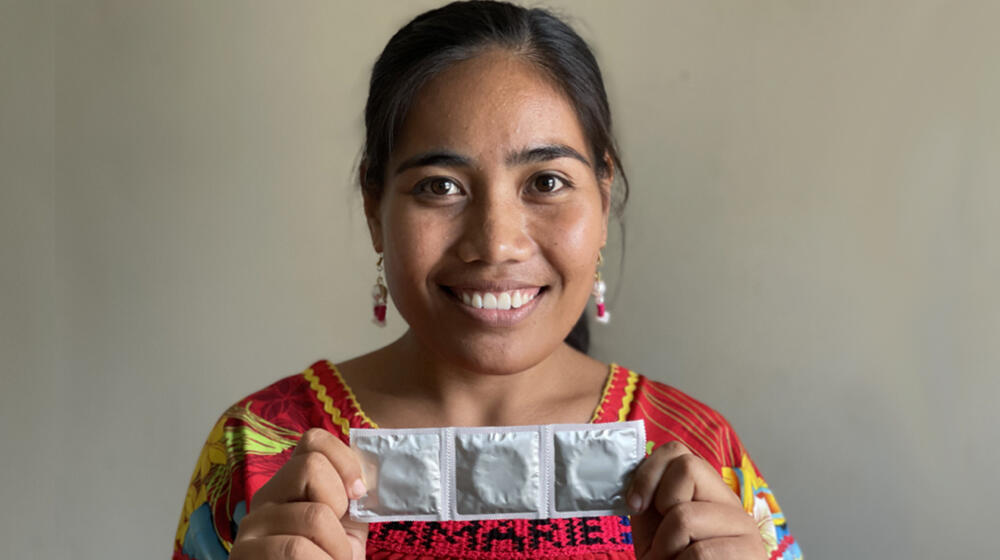Young people are taking action on the unique challenges that climate change is having in their communities. They are organising to make their concerns central to decisions about climate preparedness and public health around the region. UNFPA works with young people as essential partners in the collective societal effort to prepare for the impacts of climate change. Young people are transforming the way their rights are upheld by doing the work as advocates and by listening to each other, sharing information and making sure they have a seat at the table and choices about their own reproductive choices. This collection celebrates 3 inspiring young people making a difference in the lives of women and girls.
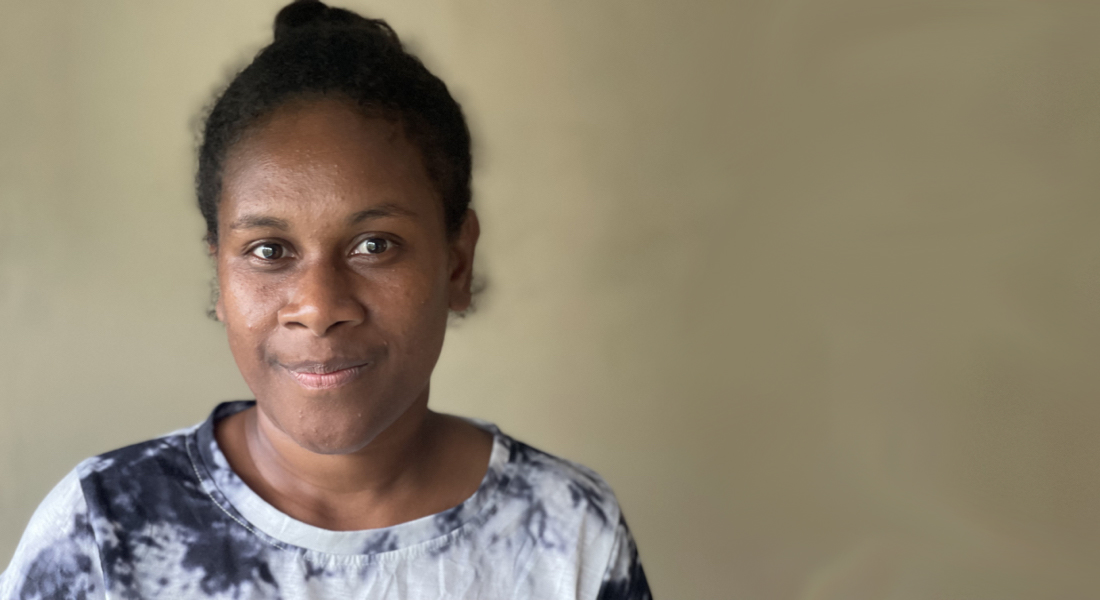
Solomon Islands: Samantha Arapaasi works with Girls Tekem Akson Lo Climate Change. She helps adolescent girls become advocates for their agendas on climate action. Samantha says gender-based violence is a major problem in her home province of Malaita and climate disasters like cyclones, floods and droughts increase the risks for women and girls. Girls Tekem Akson Lo Climate Change is part of SafeNet, a grassroots network that supports survivors of gender-based violence. As part of her work, Samantha helps young people learn skills and support themselves with small business skills. In a culture where patriarchal norms continue to restrict women’s voice, Samantha pushes to ensure women climate leaders are being heard by decision-makers at the community level and at government tables. The Solomon Island National Youth Congress leads the project with Plan International Solomon Islands.
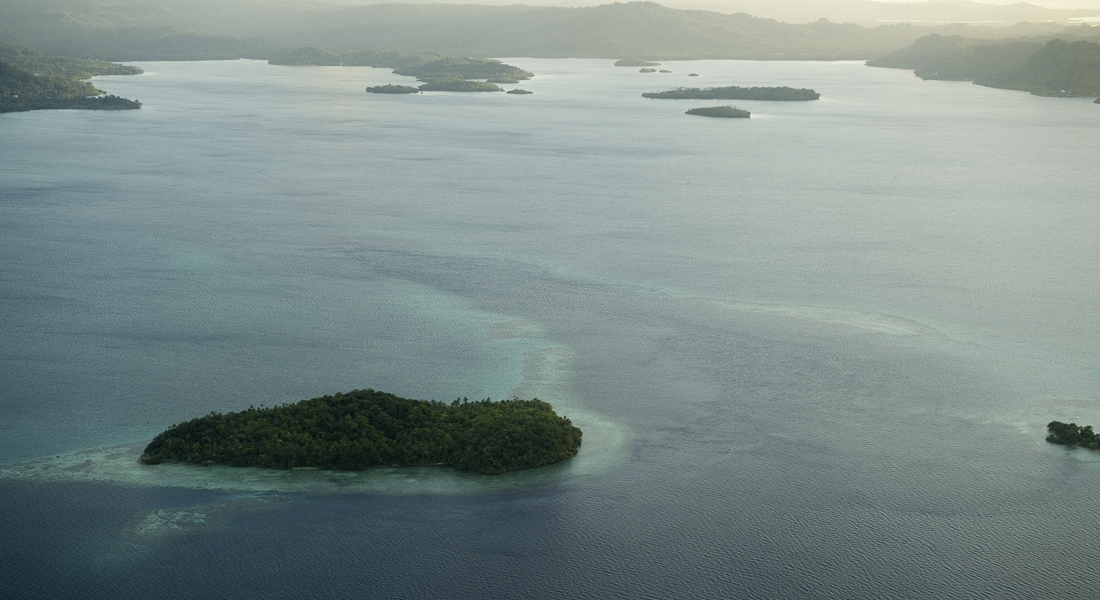
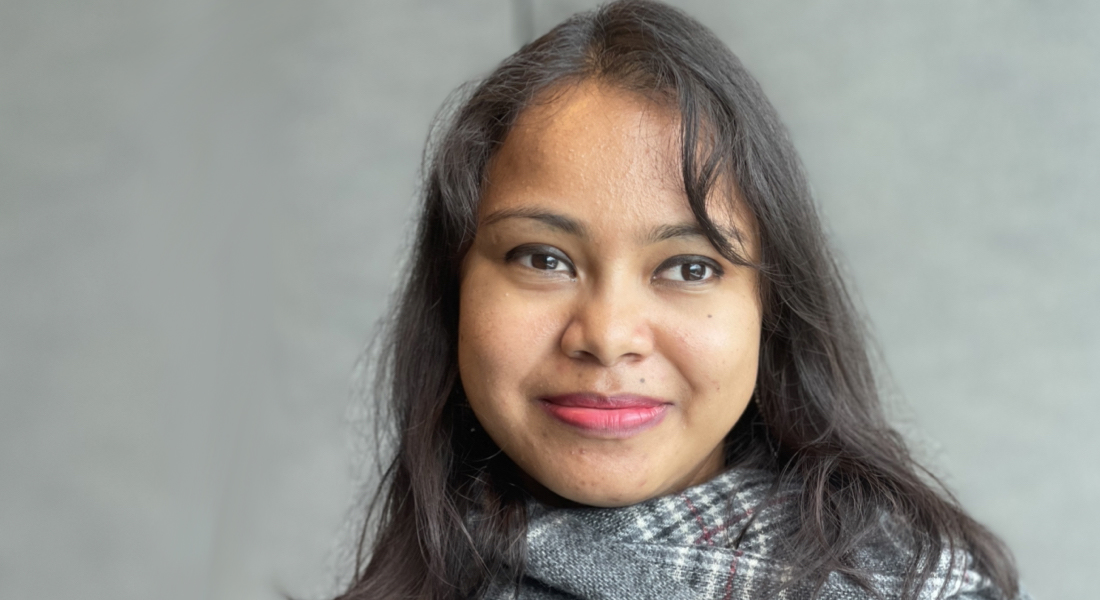
India: “Disasters pose threats to everyone,” says Jekulin. “But they often have harsher impacts on women, children and youth as they continue to be among the most marginalised groups when disasters occur.”
Jekulin Lipi Saikia leads the Asia-Pacific Children and Youth Stakeholder Group through the Sendai Framework Stakeholder Engagement Mechanism and advocates for youth inclusion, gender equality and social equity. She is currently working with the State government of Assam on flood preparedness and has helped to prepare and respond to recurring floods.
“My work focuses on advocacy, capacity building, knowledge and action for children, adolescents and young women,” she says. “An inclusive approach to disaster risk reduction gives young minds the knowledge to protect themselves during a disaster and gives them a voice in developing resilience strategies and participating in decision-making processes.”Jekulin says India has made strides in inclusive disaster risk reduction but it still requires substantial effort to ensure adequate involvement of women. “My country has the potential to bring a paradigm shift toward gender mainstreaming. Women can participate in the decision-making process and actively work in preparedness, response and recovery rather than being showcased as a vulnerable population.” READ MORE
"Women and young people can participate in the decision-making process and actively work in preparedness, response and recovery rather than being showcased as a vulnerable population.”
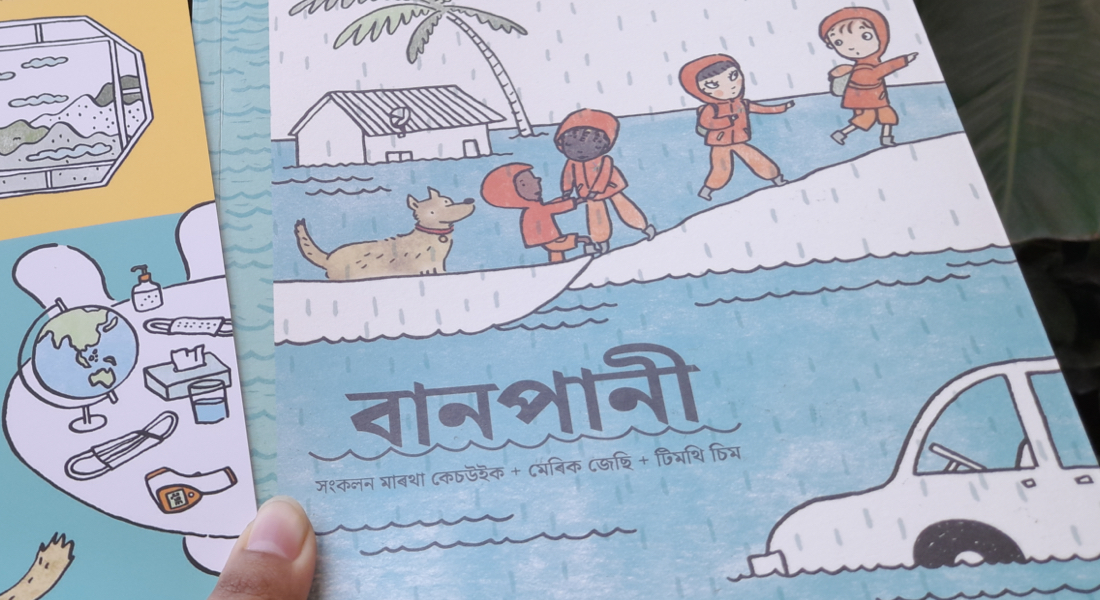
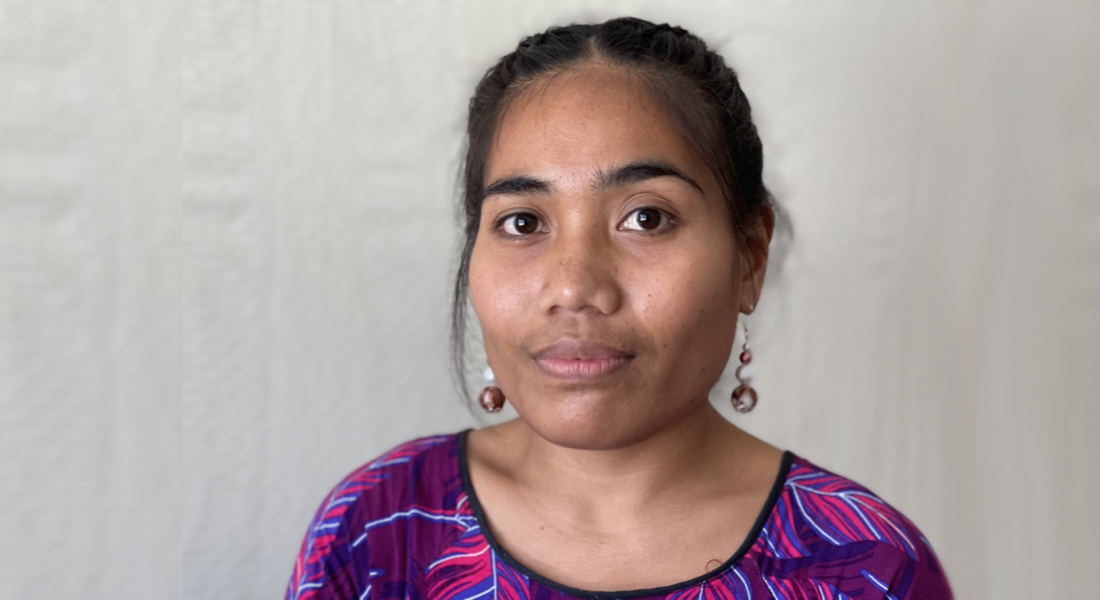
Kiribati: Tematong Kamarie is a volunteer with UNFPA’s partner, Y-PEER. She leads a programme to prevent unintended teenage pregnancies in Kiribati. Through discreet one-on-one chats, Tematong helps girls talk about taboo subjects like reproductive health and rights, and helps girls access essential supplies like condoms, in a conservative cultural context where many religious leaders condemn birth control. Tematong says climate change impacts like prolonged droughts have made life even harder for young women in Kiribati. “Young women with teenage pregnancies often cannot support their children. They haven't finished their school or they drop out.”
She says “it’s very hard for girls to share their problems but after they get helpful information from them they can be open with me. I have seen what teenage pregnancy means for young women, it's really hard. I know that it's hard being a young mother in Kiribati.”
“Young women with teenage pregnancies often cannot support their children. They haven't finished their school or they drop out.”
-Tematong Kamarie, Kiribati
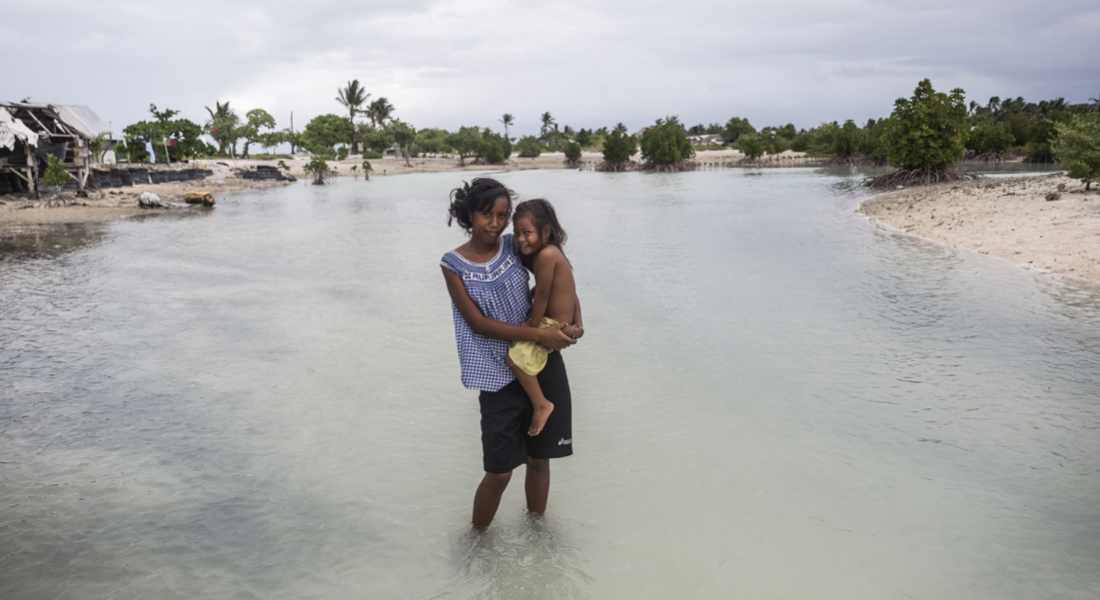
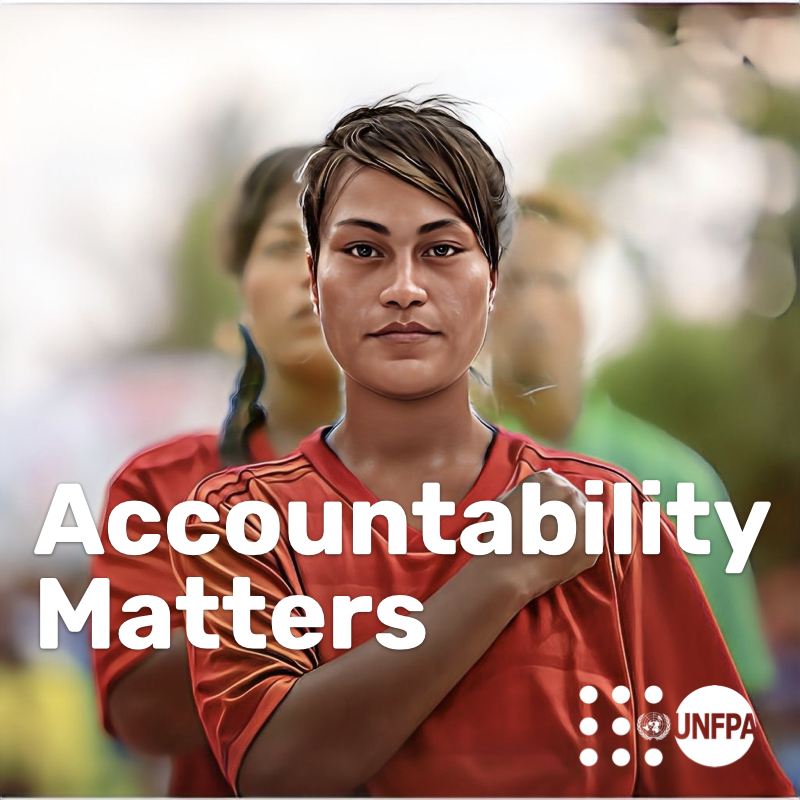
UNFPA has developed a skills building package on this topic, comprising 6 short videos for humanitarian personnel, national and local partners as well as governments involved in preparedness, disaster risk reduction, and humanitarian response. WATCH THE VIDEOS

